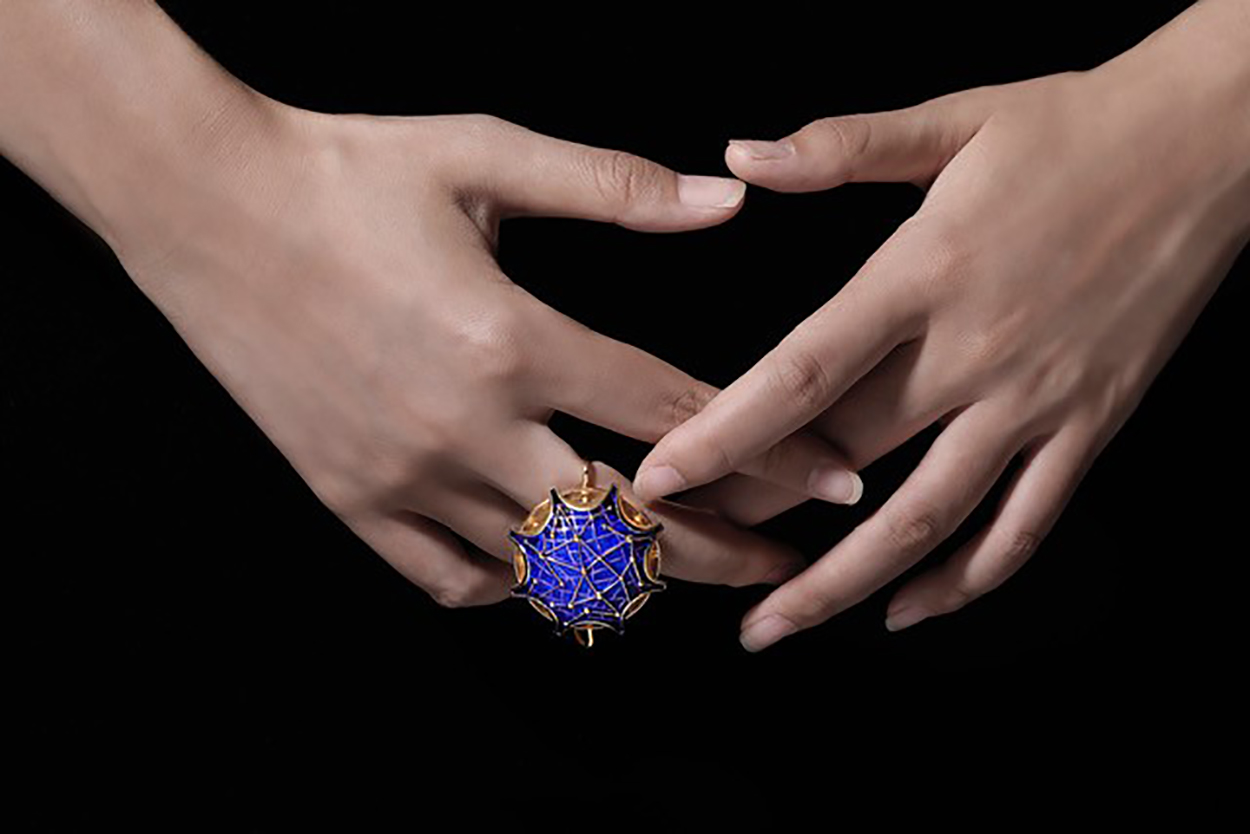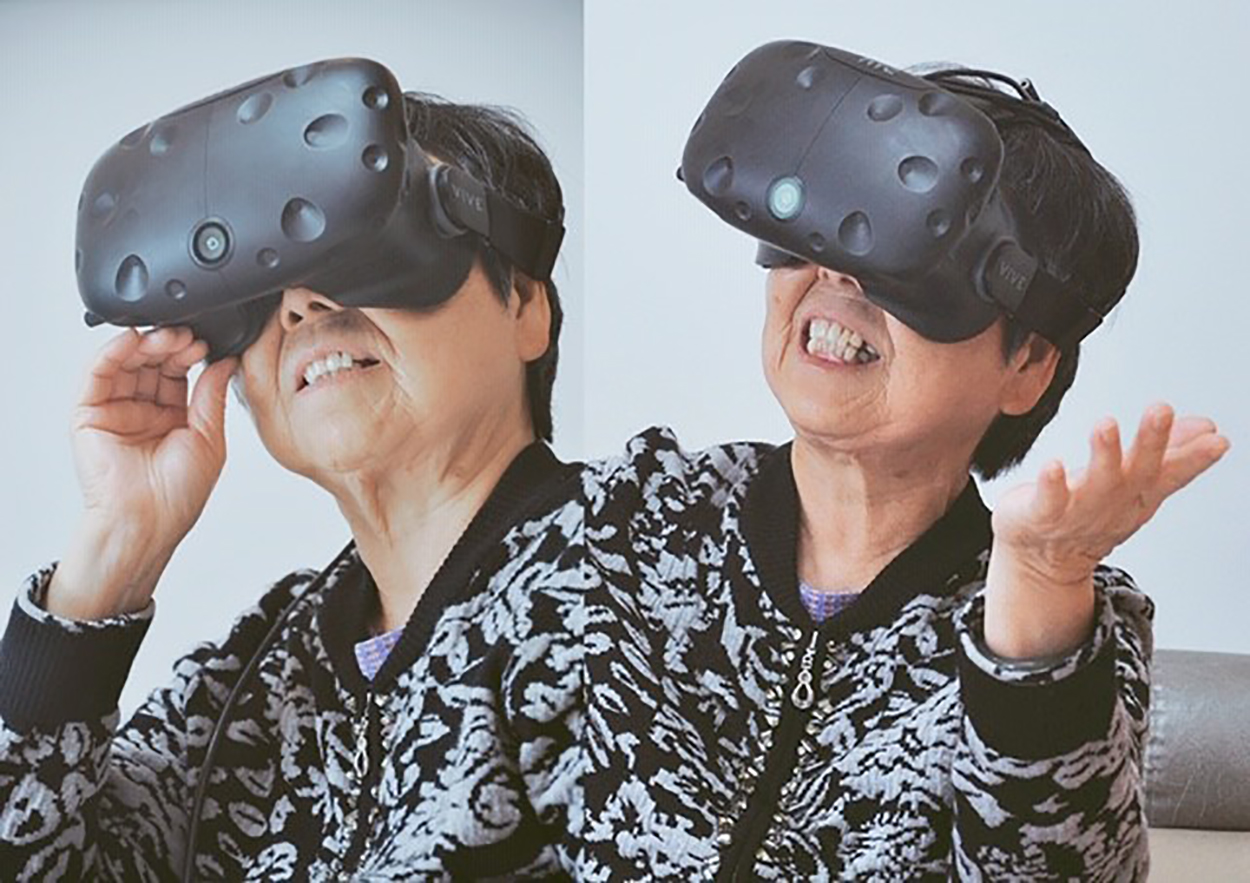Ideas, Progress & the Future
Mastering the internet of things leads to innovative creations
Discipline Leader of the University of Canberra’s Master of Design Strategies, Dr Fanke Peng, is using technology to improve the lifestyle of Australia’s elderly population.
Fanke, an Assistant Professor at the University of Canberra’s Faculty of Arts and Design, is passionate about most things in life, but as the conversation moves towards what can be done to create a better lifestyle for the vulnerable, she shifts into overdrive. Australia’s older people, in particular those with dementia or facing social isolation, drive much of her design and research focus, which has attracted numerous awards.
When considering what can be done to improve the lives of others, one often considers the many stumbling blocks that could prevent progress and bring any aspiration to a grinding halt. But in Fanke’s case, it would appear there are very few limitations given the scope of her imagination.
“I want to change the world for the better,” she says with a conviction that anything is possible.
Fanke has used her own life experiences and the obstacles encountered by her mother as motivation. As she says, “I can relate this to my personal life.”
The image of an elderly loved one falling and left injured without immediate care was the catalyst to Fanke shifting her focus from the world of digital fashion to creating a better lifestyle for the elderly using technology.
Her shift in focus has Fanke using sensors, Raspberry Pi with bluetooth modules, virtual reality and 3D technology to create an Internet of Things for older people and their carers through wearable memory.
Fanke is the driving force behind wearable memory initiatives, adapting the skills developed as a Research Fellow at the London College of Fashion, the University of the Arts London to push her boundaries and develop life changing innovations and industry-academia collaboration, all inspired by her creative passion.
“I wanted to use my skills gleaned from my experience in fashion to develop health solutions using 3D technology, virtual reality and co-design,” she said.
The wearable memory concept enables an older person or dementia patient to wear a specially-designed necklace or watch with a sensor that detects if a person has taken a fall or wandered off and triggers an alarm. The design can be paired with various mobile devices for sharing memory and social engagement. This is a practical means of reducing the risks associated with social isolation.
Applying her skills in virtual reality and 3D technology, Fanke has also been working on creating a truly immersive experience with inclusive design for people with dementia. To do this, Fanke spent considerable time empathising and immersing herself in understanding what a dementia patient goes through daily and how the design of their surroundings can be improved.
A large part of her analysis involved establishing what images create concern for those with dementia. These include the lighting, the arrangement of furniture, or something as simple as pavement patterns given that dementia patients can perceive things differently.
Using virtual reality, Fanke and her team have been working with the University of Canberra Hospital to recreate the lifestyle space which ties in with education and promotes empathy.
“The support and encouragement from UC allowed me to explore this further,” she says.
Fanke isn’t solely focused on the elderly. She is currently looking at using co-design to improve the health of primary school children in Canberra that has attracted research funding.
This imaginative brilliance it would appear extends to Fanke’s students.
“I have a PhD student designing smart textiles/garments to strengthen blood circulation for pulse physiotherapy and rehabilitation,” she proudly points out.
When Fanke says she wants to change the world for the better, she does so with absolute sincerity. And the barriers that often deter many to achieve change seem to disappear with her resolute multidisciplinary approach to research and development.
What is the Master of Design Strategies?
The Master of Design Strategies delves into the theory and methodologies of applied design across products, interfaces and services via a practice-led approach. Throughout this coursework-based degree, students will focus on social and global innovation, and will develop key skills in service design, interaction design and entrepreneurial practices.
The course structure allows for projects and problems from both the public and private sectors to be used as vehicles of learning and application. Students are encouraged to build their degree to suit their personal career goals and aspirations. With a well-rounded knowledge of design thinking and innovation, students will graduate ready to impress in a range of industries.
Photo of Dr Fanke Peng by Anthony Bowler. Additional photos supplied.